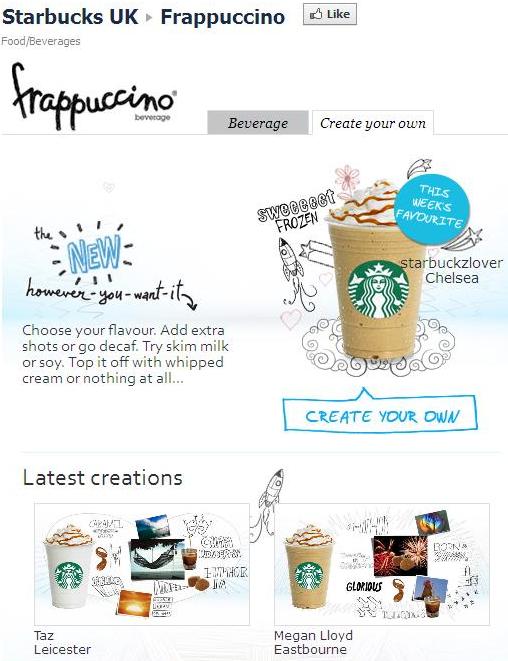Here’s our monthly round-up of social media news.
What stories caught your attention in April?
Share! Share damnit!
Back in ye goode olde days of primary school, the teacher used to shepherd us into the classroom to sit, cross-legged in a circle on the floor (bad for your knees and unhygienic by the way). Once there, we were forced to share our feelings via the medium of little bits of coloured paper called “fuzzies”.
When we were older, the fuzzies were dispensed with and we just used our thumbs. First, we had to display our status – “warm fuzzy” / thumbs up meant things were good, a “cold fuzzy” or thumbs down and, well, things weren’t so hot.
This display was followed up with going to each child in turn and forcing them to share why they were so happy/sad/ambivalent. I’ve only just realised that this may be why my cynical, introverted, self dislikes Facebook – I didn’t like this artificial sharing business when I was six, and I don’t like it any better now.
It seems I’m not the only one. There have been quite a few stories in the media lately about how Facebook is getting concerned that its users have stopped sharing so much personal content. In fact, Facebook has called together a special team to investigate why people are publishing fewer status updates.
It’s also aggressively nudging users to update their profiles and prompting them to share by adding different messages to the status box. As Barbara Speed writes on newstatesman.com:
“If anything, it now seems like that friend who plies you with drinks, compliments, and emoji in the hope you’ll spill some gossip over a martini, or say something indiscreet about a mutual friend.”
The thing is, these days Facebook can require a lot of management. People connect with everyone from the girl that sat next to them in maths 20 years ago, to their neighbours. If you don’t want to share everything with everyone you need to spend time setting up lists and changing settings. For some people, it may be easier to just not share as much. It will be interesting to see if Facebook manages to change this behaviour.
The month of the specialist social network
Something seems to have been in the air in April as a host of new networks made the news.
There’s Litsy, which focuses on sharing your views and connecting with fellow book lovers; a new parent focused social network called Bloom; and another new app – Rex – which lets users share recommendations around cultural and entertainment activities.
Nintendo’s Miitomo has been also getting good reviews. Rather than relying on the user to share their content, it asks them some pretty random questions, the answers to which can spark fun discussions among friends.
As pointed out in the New Statesman, the proliferation of social networking apps may be one of the reasons that Facebook sharing is suffering. One thing these apps are great for is segregating your interests – sharing photos on Instagram and Snapchat, reviewing books on Goodreads and Litsy, chatting with friends on WhatsApp. How long will it be until much of the baby-related content moves from Facebook to a specialist network for parents, like Bloom?
Twitch gets social
Amazon-owned livestreaming service, Twitch, has started adding new features in a move to be more social. For the uninitiated, Twitch is basically the place to go when you feel the urge to watch a stranger play video games while you, and many other strangers, yell at them in the comments about how much loot they have failed to pick up (okay, it has other uses, but that’s probably one of the best).
Twitch has added features that allow users to have more comprehensive profiles, and to message each other privately. During PAX East in April, it added the “friends” feature, which allows streamers to connect with viewers and fellow streamers and keep in touch with them on the site.
It’s doubtful that Twitch is trying to become the next big social network. It’s firmly established, and markets itself, as a community for gamers. What it appears to be doing is making the experience as rich as possible for its streamers and viewers alike.






